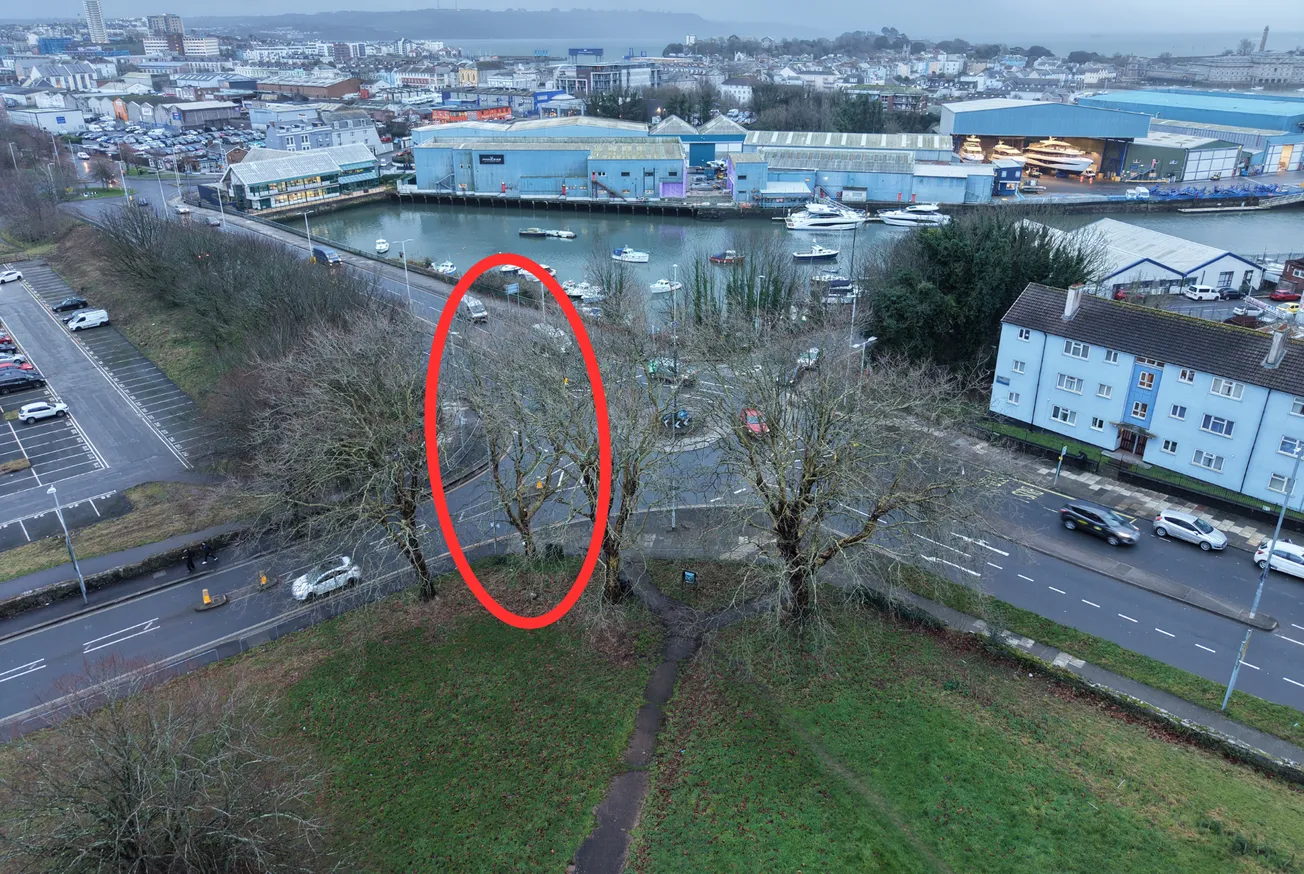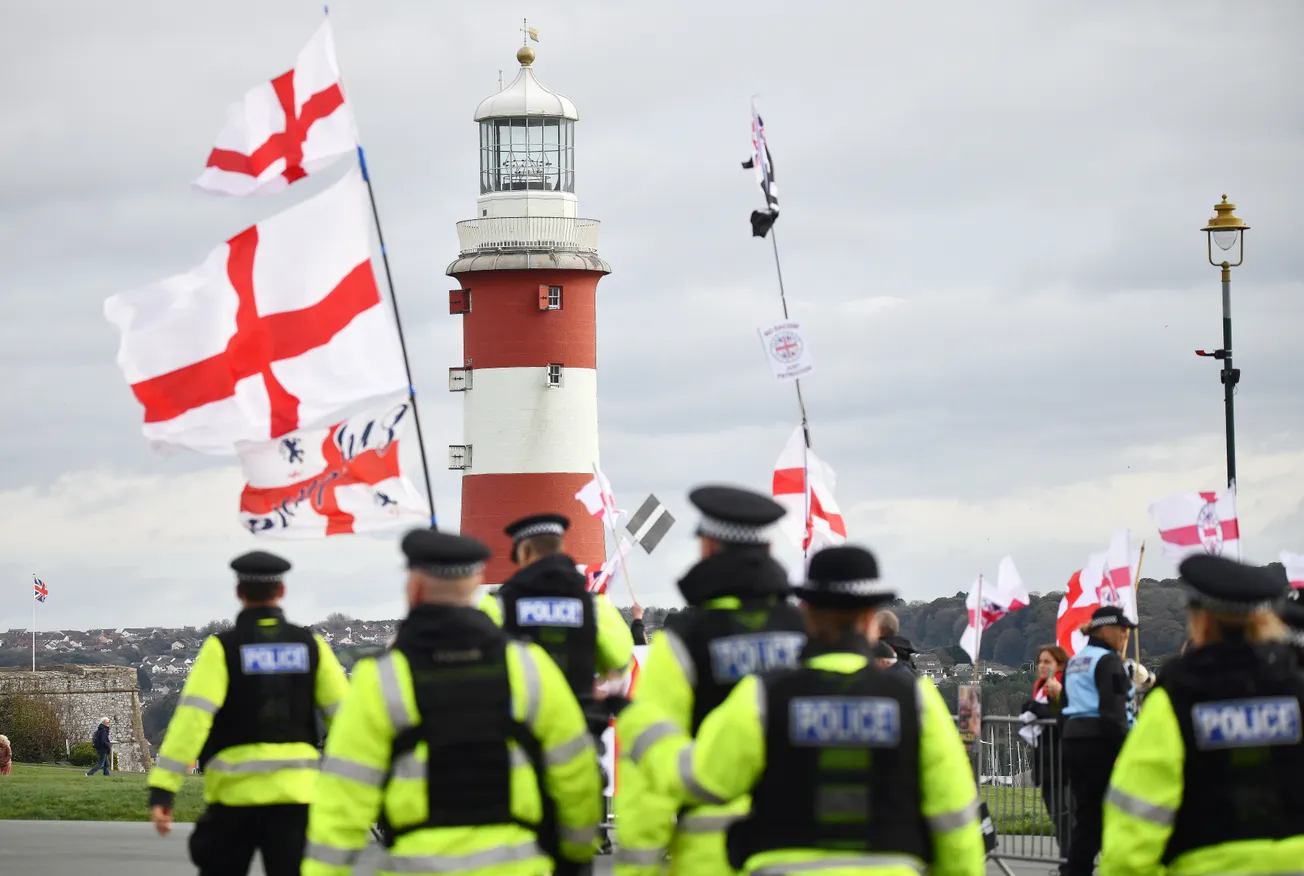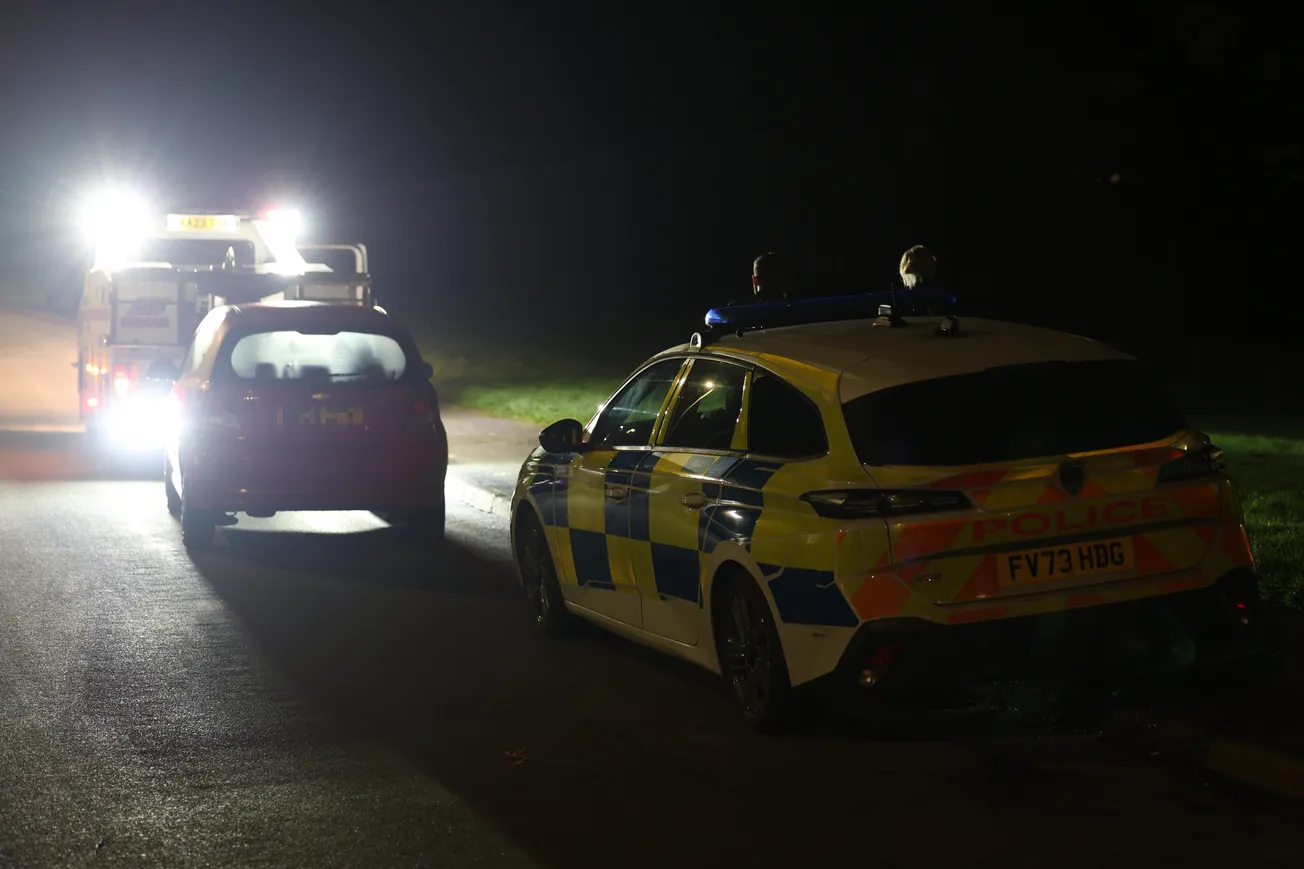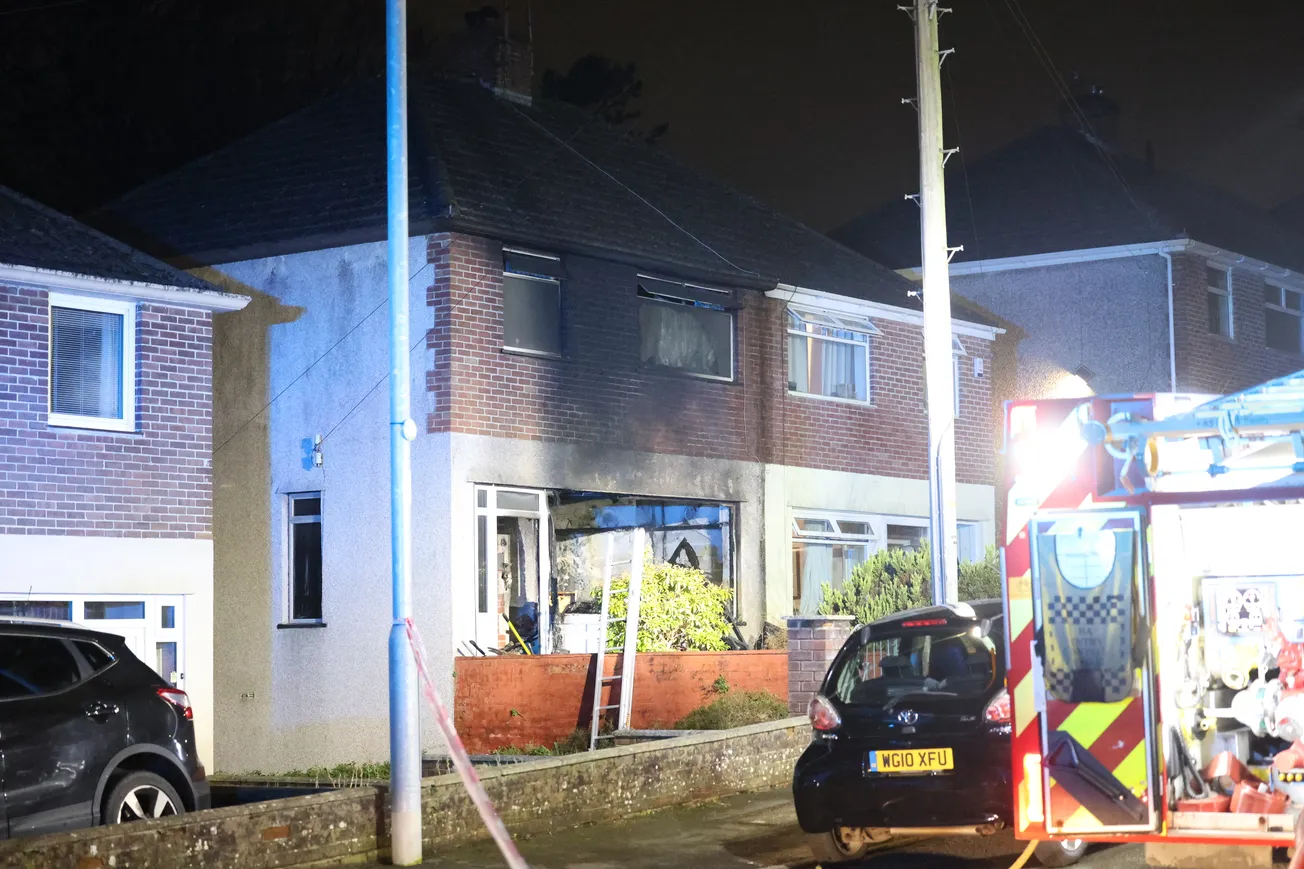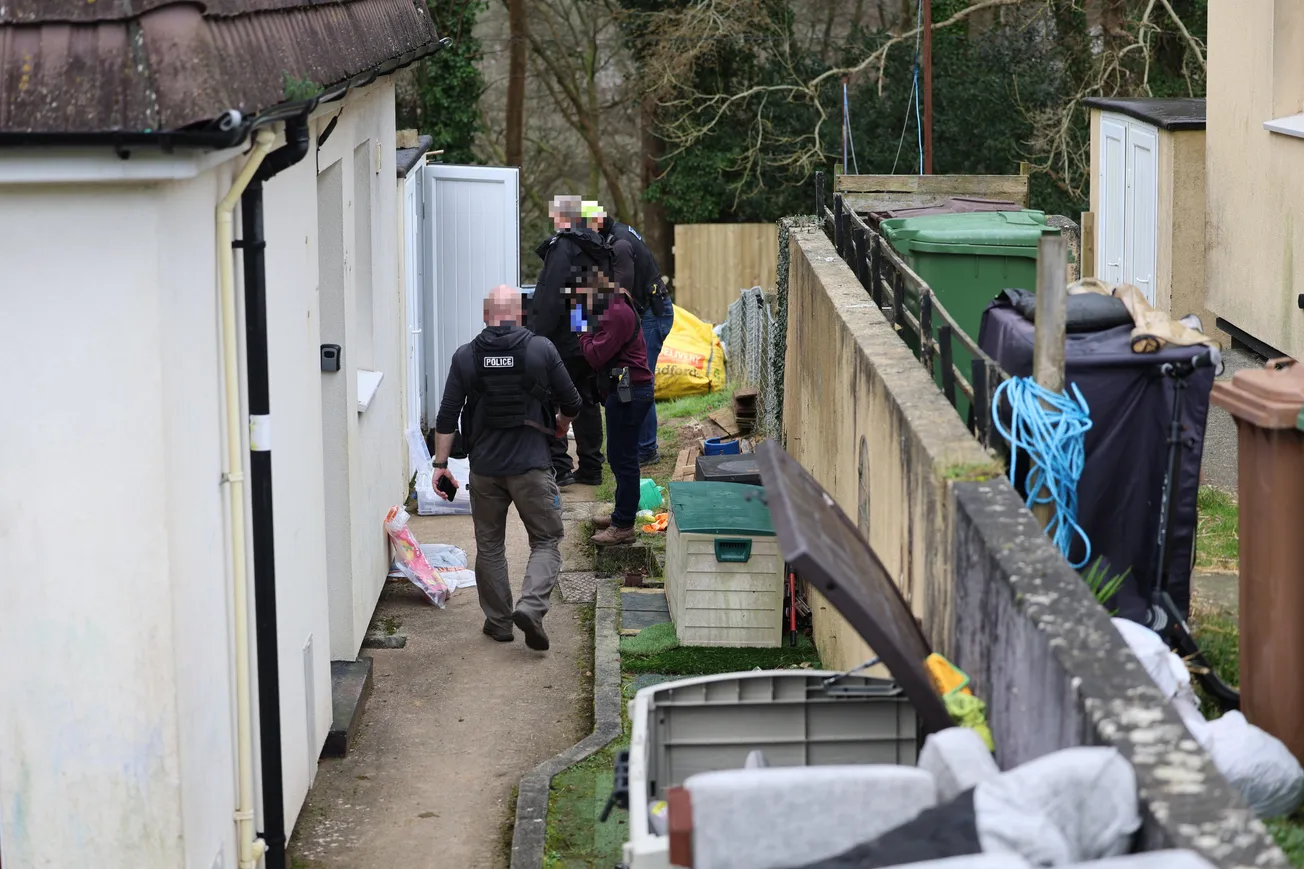Plymouth’s Labour chair of the planning committee, Councillor Bill Stevens, told fellow councillors ‘we are not here to represent the public’ as he defended his decision to remove the total number of objections and letters of support from planning reports.
During the heated meeting on Thursday, the committee considered plans to turn 49 to 51 North Hill into 10 new flats near the entrance to Skardon Place.
The development attracted both supporters and objectors but the exact numbers of each were not included in reports for the first time.
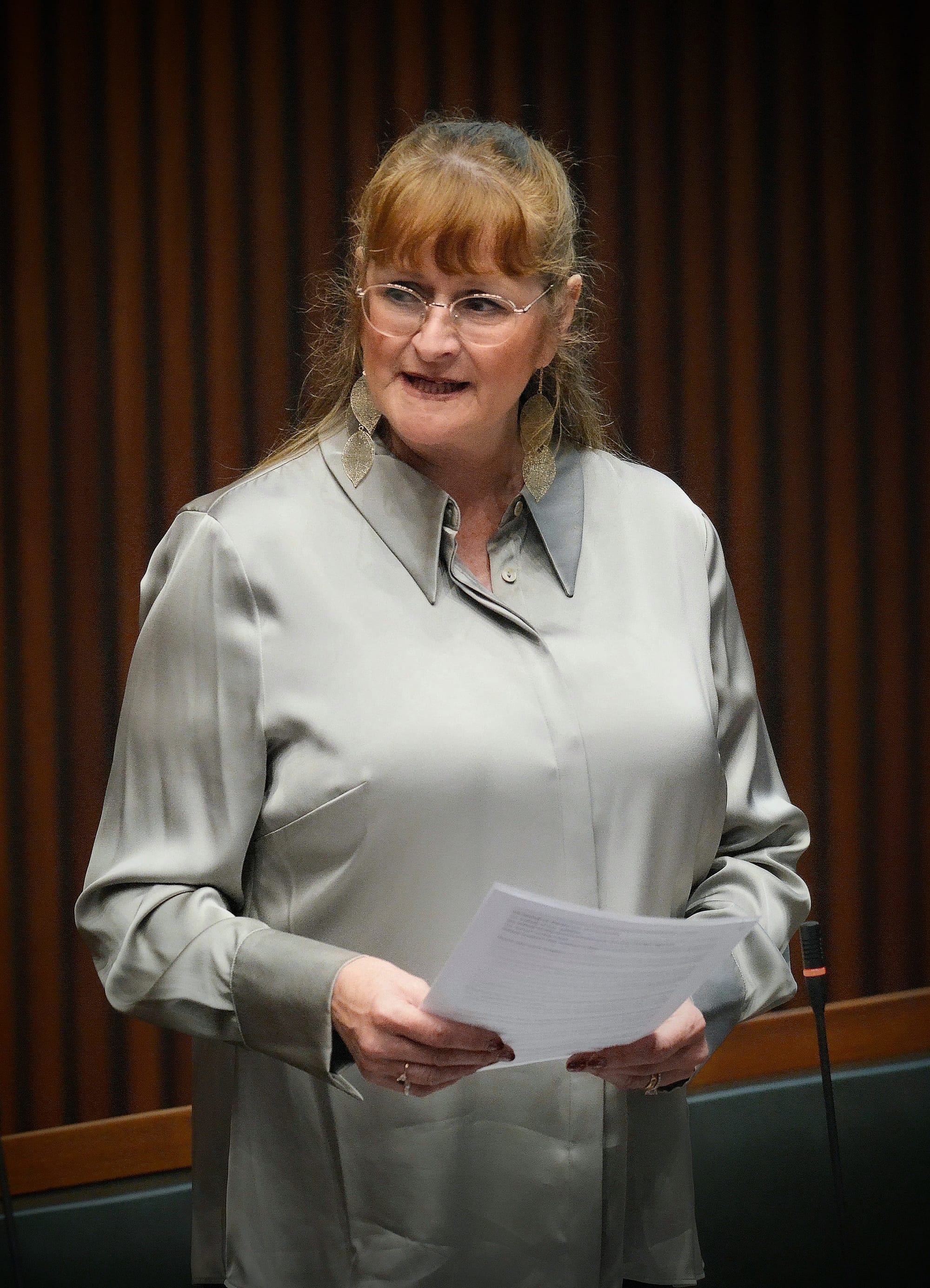
Independent Councillor Maddi Bridgeman challenged the omission and asked a straight forward question:
”How many letters of representation were received? Because in none of the applications, it doesn't actually state the actual amount.”
Labour chair of the planning committee, Cllr Stevens responded:
“I've taken a view not to include that, because it can be misleading and it's irrelevant to our decision making.”
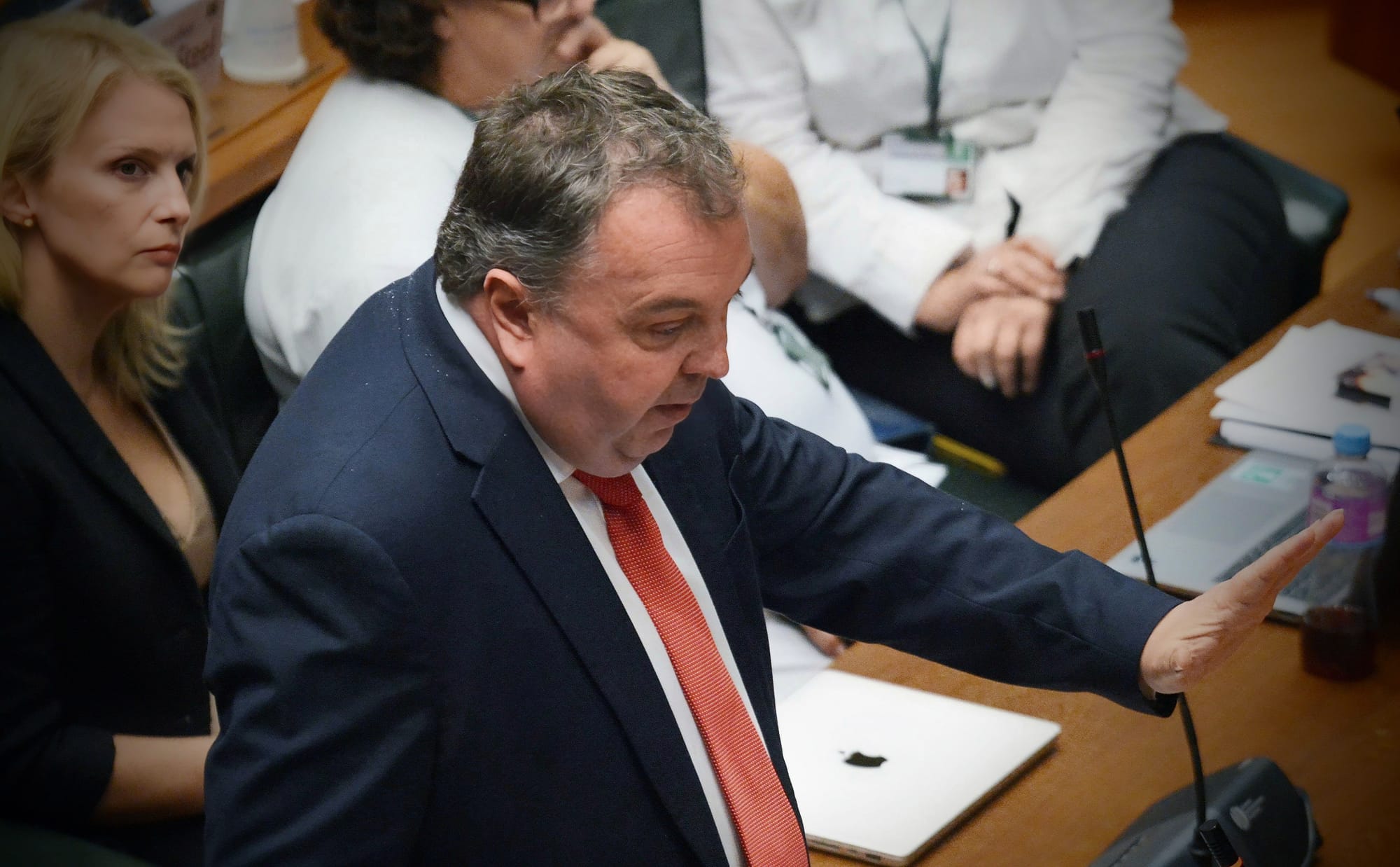
When Cllr Bridgeman pushed back and said residents expect councillors to listen to them, the chair’s response was blunt:
“No, we're not here to represent the public on this committee. I'm going to be firm.”
A moment later he doubled down:
“We're not here to represent public feeling.”
Plymouth City Council’s own Planning Committee Code of Practice opens by saying the planning system exists ‘to control development in the public interest’ and that decisions must not only be fair but ‘seen to be fair and impartial’.
Officers were finally allowed to reveal the number of representations received. Kate Saunders, Head of Development Management at Plymouth City Council, told the meeting:
“I can confirm there were 12 representations received. Nine were in support of the application, three were objecting.”
Cllr Bridgeman pointed out that large volumes of residents getting in touch about a single scheme are, in real life, a signal that people in a neighbourhood care. She said:
“I think it actually reflects the high level of public support for a particular application or the actual disapproval of an application
"I think it's really important that we listen to the public because we are here as councillors to represent them.”
Rather than accept that, the chair warned the committee that if any member was ‘basing their view or their vote on how many people support it, then I think that's something we, in all seriousness, we might need to take offline’.
The Planning Committee Code of Practice outlines that decisions must be ‘open, impartial and based on sound judgement and reason’ and that the process should leave ‘no grounds for a suggestion that a decision has been impartial, biased or ill founded in any way’.
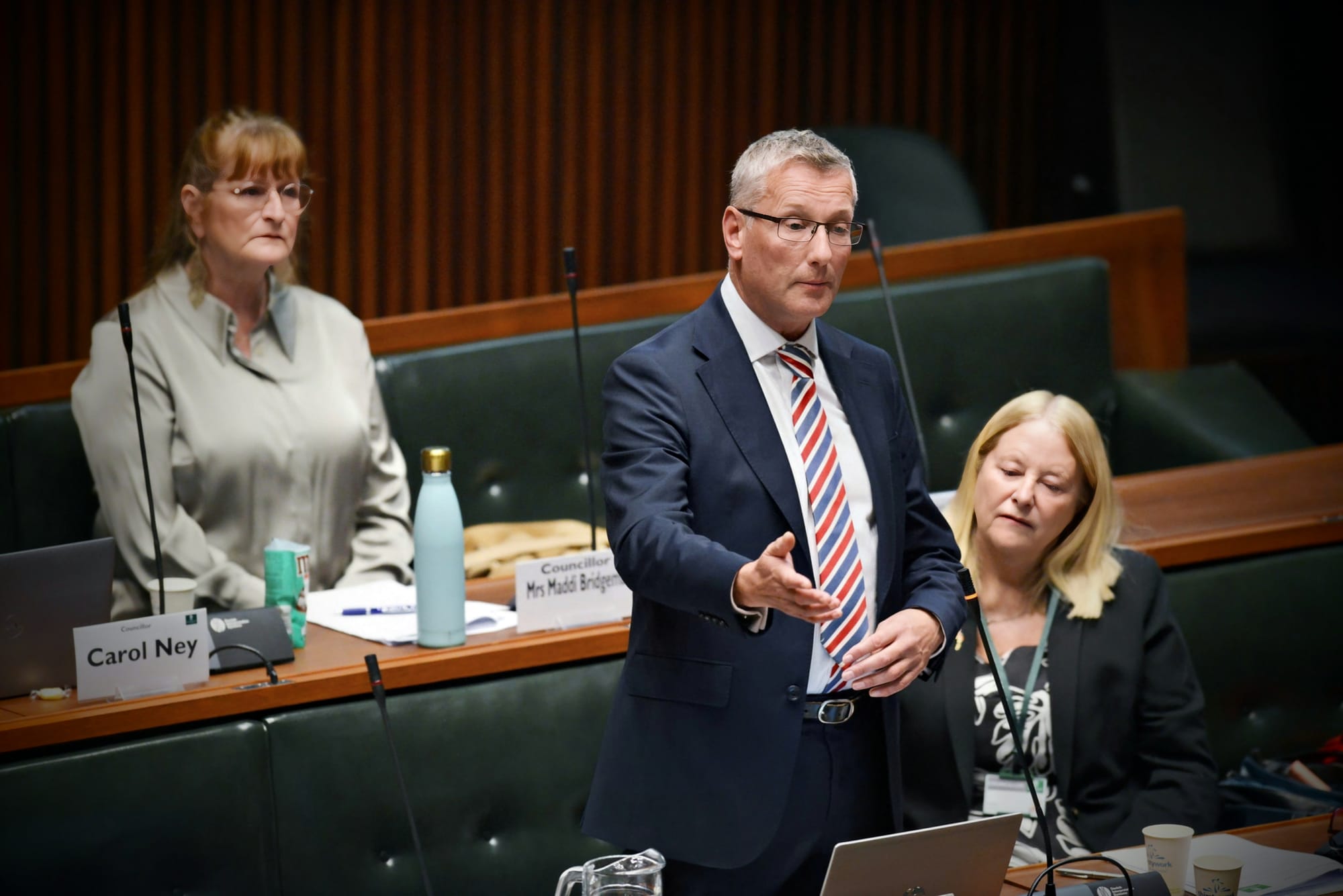
Councillor Patrick Nicholson, leader of The Independents, also reminded the chair that the council’s own constitution allows some planning applications to come to committee 'on the basis of volume' of public representations, not only on policy grounds.
You can watch the chaos unfold for yourself in the video below.
Sign up below for free to below to be notified with all the latest updates this weekend.



